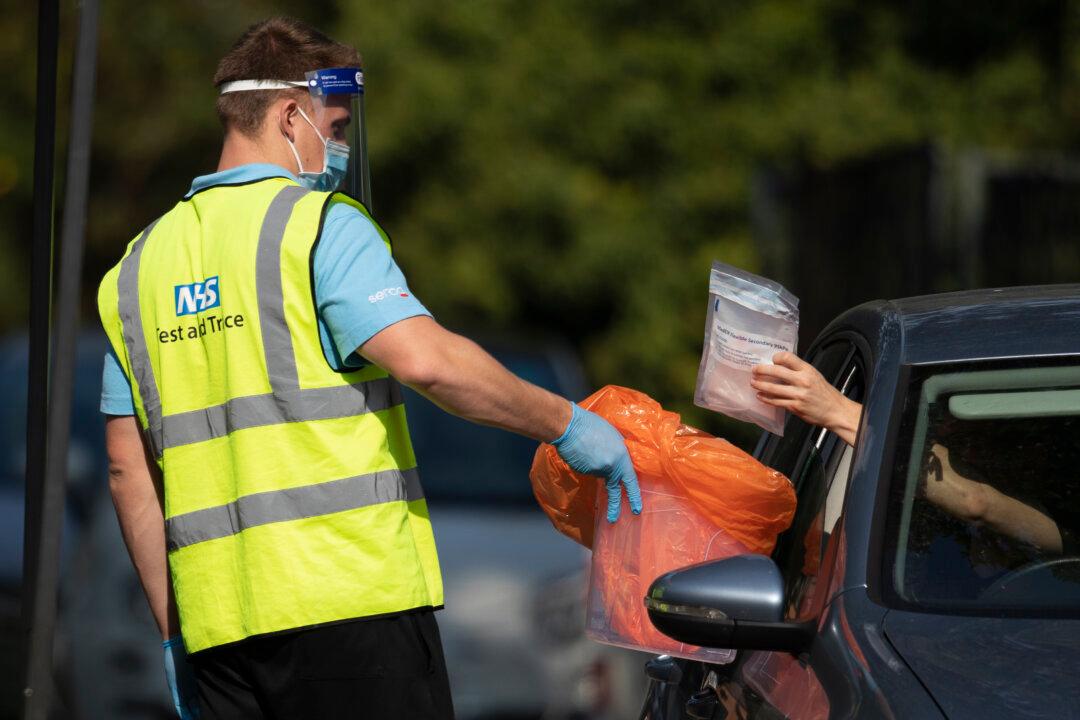The number of COVID-19 infections is doubling every nine days in England, according to a large-scale population swab survey that estimates around one million people are harbouring the virus.
According to the study authors, “the second wave of the epidemic in England has now reached a critical stage.”





